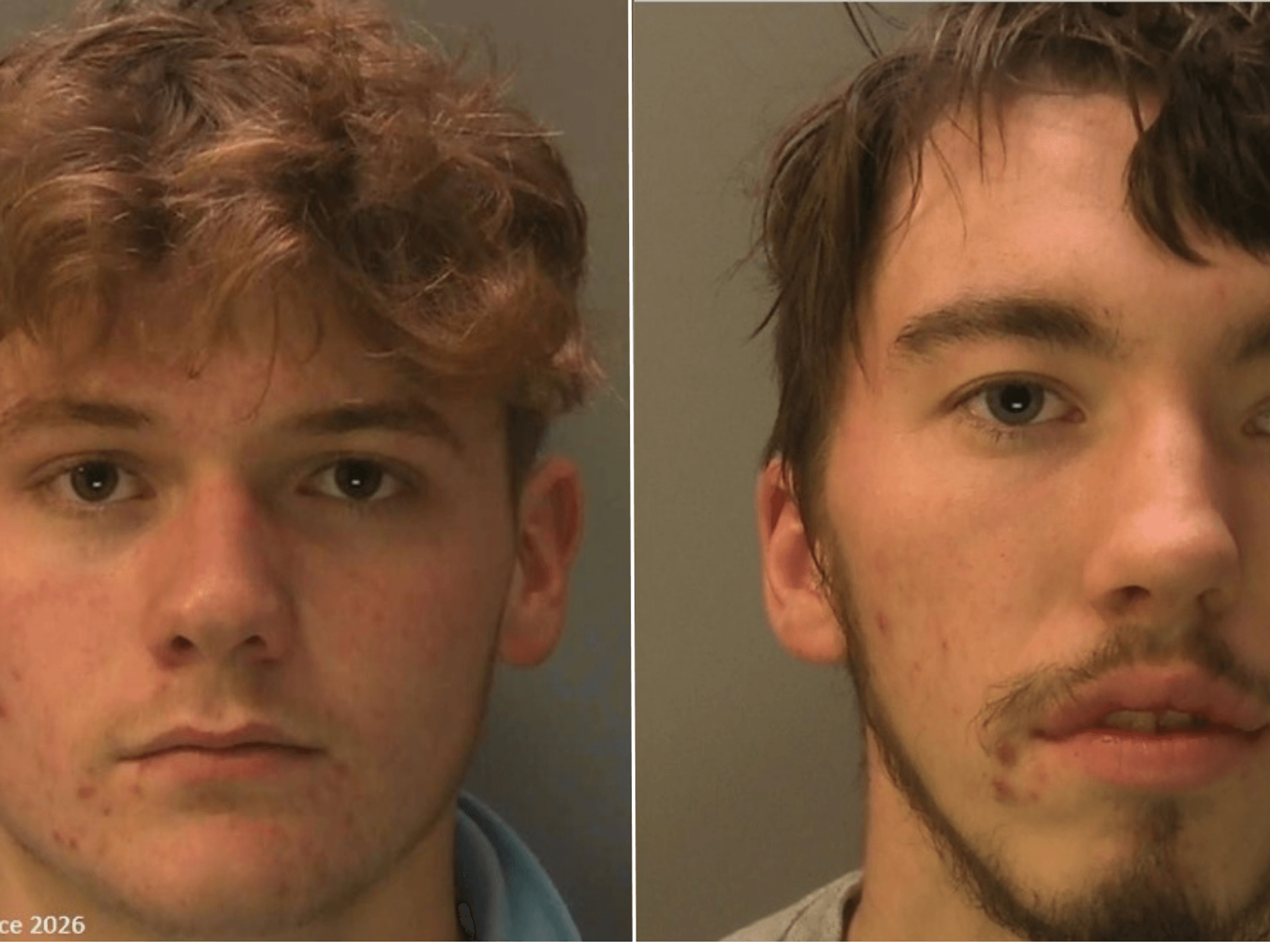Motorists risk being banned from UK roads and forced to follow restrictions for breaking major driving law
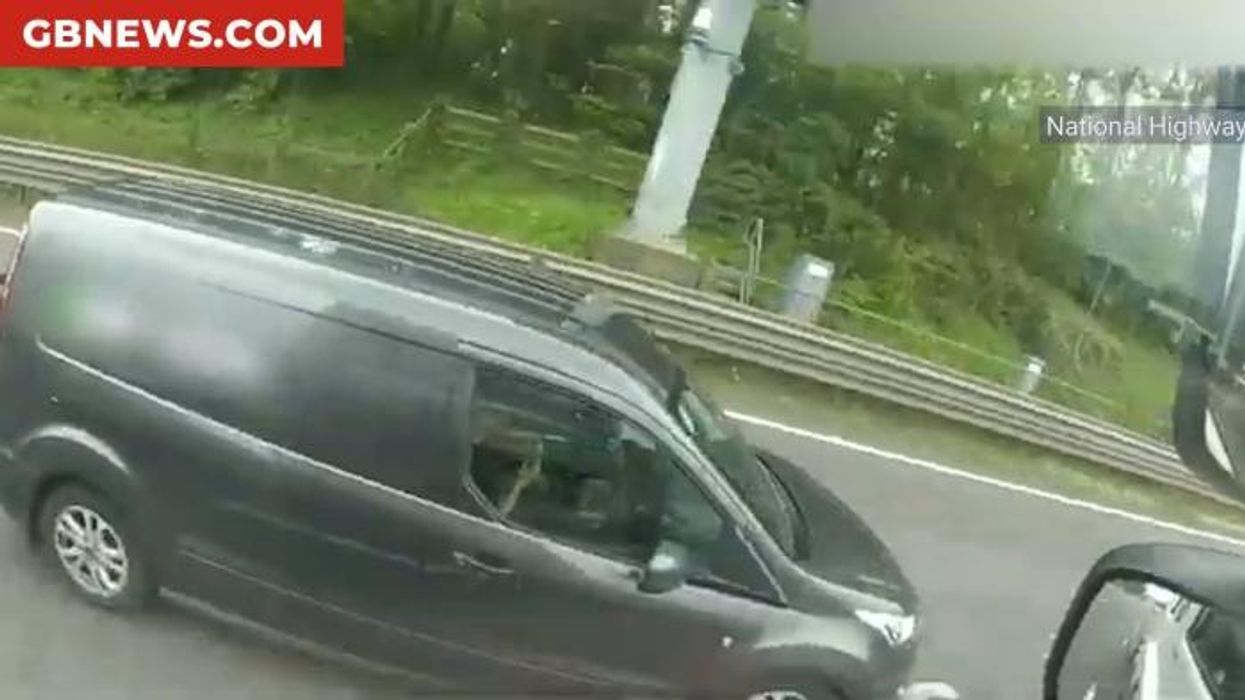
WATCH: Operation Tramline reveals 10 dangerous driving incidents
|NATIONAL HIGHWAYS

Drink-driving cases have skyrocketed across the UK
Don't Miss
Most Read
Latest
Motorists could be banned from driving under new proposals, hoping to tackle a major issue impacting thousands on UK roads.
Drink-driving has been growing across the UK, with repeat offences skyrocketing, with current deterrents seen as not strong enough to stop drivers breaking the rules.
Now, to prevent drivers from getting behind the wheel, there has been a rise in support for the use of "alcolocks" which could offer a solution.
Alcolocks prevent a vehicle's ignition from starting unless the driver passes a breath test, with the technology already being used in several countries, including Australia, Belgium, Canada and parts of the US.
Do you have a story you'd like to share? Get in touch by emailing motoring@gbnews.uk
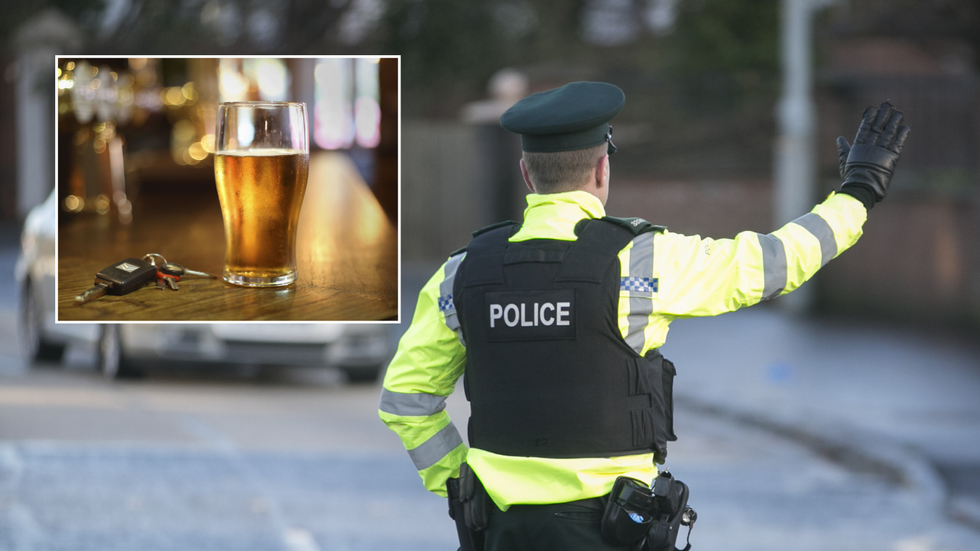 Police can arrest and fine drivers for being over the drink driving limit while on UK roads | PA
Police can arrest and fine drivers for being over the drink driving limit while on UK roads | PAUnder UK law, drivers can be handed a three-month prison sentence for drinking behind the wheel as well as a £2,500 fine.
A recent poll found that 53 per cent of drivers want courts to be allowed to order anyone convicted of drink-driving to have the devices fitted to their vehicles.
The devices also demand further random tests during a journey to prevent cheating, such as having a sober person start the engine for a drunk driver.
In countries where alcohol locks are used, drink-drivers typically receive shorter driving bans in exchange for having the devices installed for a set period, commonly a year.
In New Zealand, for example, the alcolock is removed after 12 months if the offender has no alcohol in their breath tests during the last six months.
But drivers who test positive must keep the device until they achieve six months of zero alcohol tests.
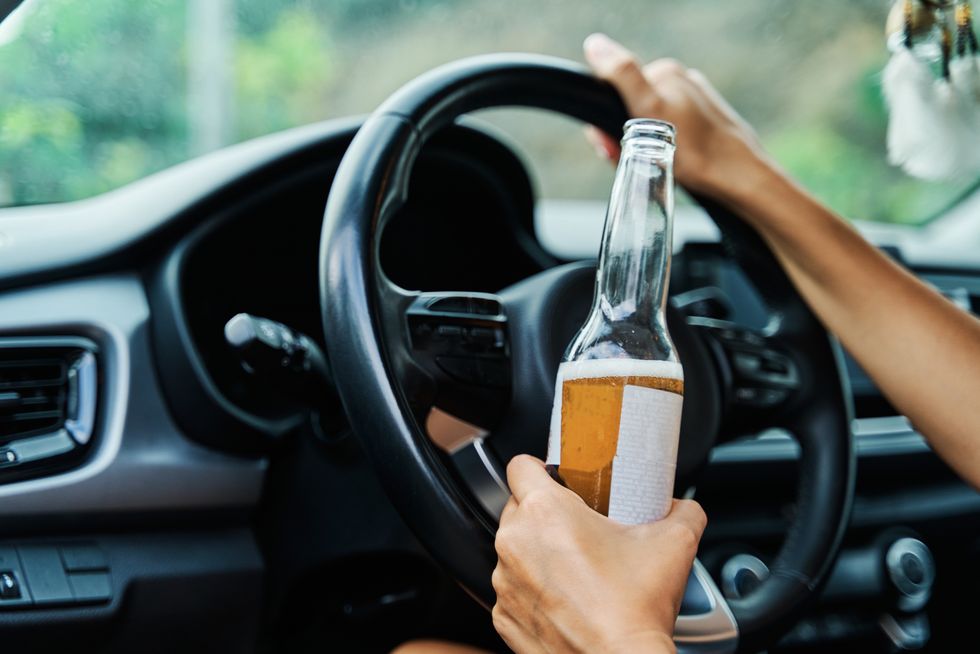 Police reported that Dosunmu was slurring his words and 'struggling to follow directions' when they arrived (Stock Image) | GETTY
Police reported that Dosunmu was slurring his words and 'struggling to follow directions' when they arrived (Stock Image) | GETTYOffenders are then issued with a zero alcohol driving licence for three years, meaning they can be charged with drink-driving if found with any alcohol in their system.
Currently in the UK, people caught drinking lose their licence for at least 12 months, although offenders may be offered a reduced ban if they complete a rehabilitation course.
Despite these penalties, reoffending remains a significant problem, with the DVLA revealing that 27,837 motorists were convicted of drink-driving multiple times in the 11 years to July 2024.
Some 372 were caught at least four times, including four who were prosecuted on seven occasions.
Government data found that there was a total of 47,284 "driving a motor vehicle under the influence of drink or drugs" convictions in all courts in the year ending 2023.
RAC head of policy Simon Williams said: "Too many lives are lost and ruined by drink-driving. It's also very apparent that many of the drink-drivers caught by the police are reoffenders, which implies something different needs to be done to change this dangerous behaviour."
"We are aware that their use may be seen as a soft option by some, but experience from other countries suggests the opposite.
"Simply banning habitual drink-drivers doesn't seem to be the answer even though they face a prison sentence, as all too often they just get behind the wheel again anyway."
Williams called for the Government to consider court-ordered alcolocks in its forthcoming road safety strategy.
The alcohol limit in England, Wales and Northern Ireland is 80mg of alcohol in 100ml of blood, with nowhere else in Europe having a limit above 50mg/100ml.
LATEST DEVELOPMENTS:
- UK would see speed limits drop to 10mph on major roads under new proposals
- POLL: Would you buy a Tesla? Elon Musk divides driver opinions as UK and European sales nosedive
- DVSA under pressure as UK's driving test backlog hits 600,000 - 'It should not be this hard!'
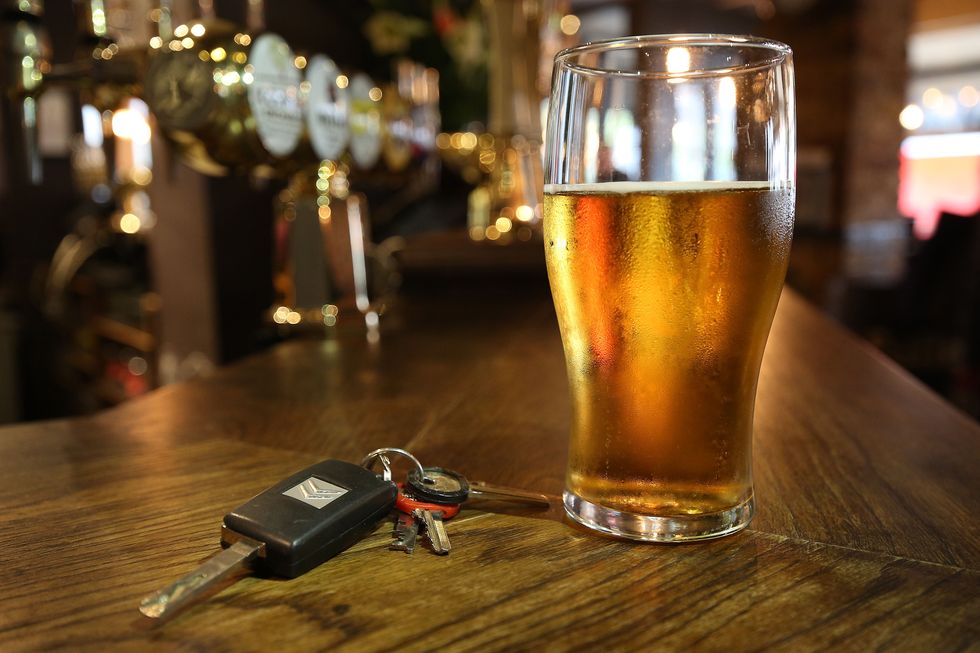 The current alcohol limit is 80mg of alcohol per 100ml of blood | PA
The current alcohol limit is 80mg of alcohol per 100ml of blood | PAResponding to the deterrent suggestion, a Department for Transport spokesperson said: "We take road safety extremely seriously, and there are already strict penalties in place for those who are caught drink-driving.
"We are committed to improving road safety, and our well-established Think! campaign is designed to reduce the number of those killed and injured on our roads."







